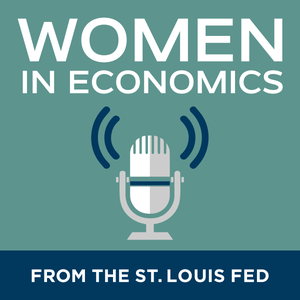
Women in Economics
St. Louis Fed
- 27 minutes 24 secondsWomen in Economics: Heather Long
“When you have a lot of women faculty or when you have women who are on the Federal Open Market Committee or presidents of the regional Fed, it does change the conversation,” says Heather Long, editorial writer and columnist at the Washington Post. “It does inspire more people to get involved in the field.” In this podcast, Long discusses her journey in journalism and the importance of diversity in economics.
9 July 2024, 4:02 pm - 15 minutes 49 secondsWomen in Economics: Marina Azzimonti and Arantxa Jarque
“We launched the center with the main objective to champion diversity in economics, both in academia and policymaking,” says Marina Azzimonti, senior economic research advisor at the Federal Reserve Bank of Richmond and director of its Center for Advancing Women in Economics. In this episode, learn about the center’s work to support women in economics.
5 April 2024, 2:26 pm - 18 minutes 35 secondsWomen in Economics: Isabel Schnabel
“In order to be a good teacher, you need to speak the language of the person who is in front of you,” says Isabel Schnabel, a member of the Executive Board of the European Central Bank (ECB). She discusses her work at the ECB, along with her teaching career and the difference it makes when there are two women in the room, as opposed to only one. Schnabel talks with Maria Hasenstab of the External Engagement and Corporate Communications Division at the St. Louis Fed.
1 December 2023, 3:06 pm - 21 minutes 15 secondsWomen in Economics: Heidi Hartmann
“Economics does provide a very powerful tool for changing public policy,” says Heidi Hartmann, founder of the Institute for Women’s Policy Research, who currently serves as a distinguished economist and resident at the Program on Gender Analysis in Economics at American University.
4 October 2023, 2:00 pm - 22 minutes 40 secondsWomen in Economics: Stephanie Aaronson
“We need to make sure that a broad array of perspectives are heard and especially at an institution like in the Federal Reserve System where we're working on policy questions that have such a broad impact, but also a lot of fiscal policy questions,” says Stephanie Aaronson, senior associate director of the Division of Research and Statistics at the Federal Reserve Board of Governors.
11 May 2023, 7:46 pm - 17 minutes 34 secondsWomen in Economics: Daryl Fairweather
“Being active on social media and sharing all the research that we do is one way that I can increase my impact,” says Daryl Fairweather, chief economist at Redfin. Fairweather discusses her work at the real estate brokerage company and why she thinks more women should consider studying economics.
27 March 2023, 1:07 pm - 17 minutes 44 secondsWomen in Economics: Michelle Bowman
“I think I have community banking in my blood,” said Michelle Bowman, member of the Board of Governors of the Federal Reserve System. Prior to her appointment to the Board, she served as the state bank commissioner of Kansas and vice president of Farmers & Drovers Bank in Kansas.
29 November 2022, 2:11 pm - 38 minutes 53 secondsWomen in Economics: Janice Eberly, Shelly Lundberg and Christina Romer
“We've all experienced the: ‘I'm the only woman in this room’ … and it's a difficult situation,” said Shelly Lundberg, professor of economics at the University of California - Santa Barbara. Lundberg joins Janice Eberly, professor of finance at Northwestern University, and Christina Romer, professor of economics at the University of California - Berkeley, as they discuss their leadership roles serving for the American Economic Association.
17 November 2022, 3:16 pm - 24 minutes 34 secondsWomen in Economics: Anna Paulson
“The scale at which you can impact public policy at the Fed is really both inspiring and exciting, and it's a big responsibility, too,” says Anna Paulson, executive vice president, director of research and executive committee member at the Federal Reserve Bank of Chicago. She talks with Andrea Caceres-Santamaria, senior economic education specialist at the St. Louis Fed.
29 September 2022, 2:03 pm - 29 minutes 8 secondsWomen in Economics: Claudia Goldin
“I like to be enabling, but have all students follow their own passions,” says Claudia Goldin, the Henry Lee Professor of Economics at Harvard University and co-director of the Gender in the Economy Study Group at the National Bureau of Economic Research.
7 September 2022, 2:09 pm - 27 minutes 19 secondsWomen in Economics: Sharon Donnery
“We're here to serve the public, and I think it's really important that in doing that we represent the society that we serve, all different dimensions of society,” says Sharon Donnery, the first woman appointed deputy governor of the Central Bank of Ireland.
22 March 2022, 6:50 pm - More Episodes? Get the App
Your feedback is valuable to us. Should you encounter any bugs, glitches, lack of functionality or other problems, please email us on hi@moon.fm or join Moon.FM Telegram Group where you can talk directly to the dev team who are happy to answer any queries.
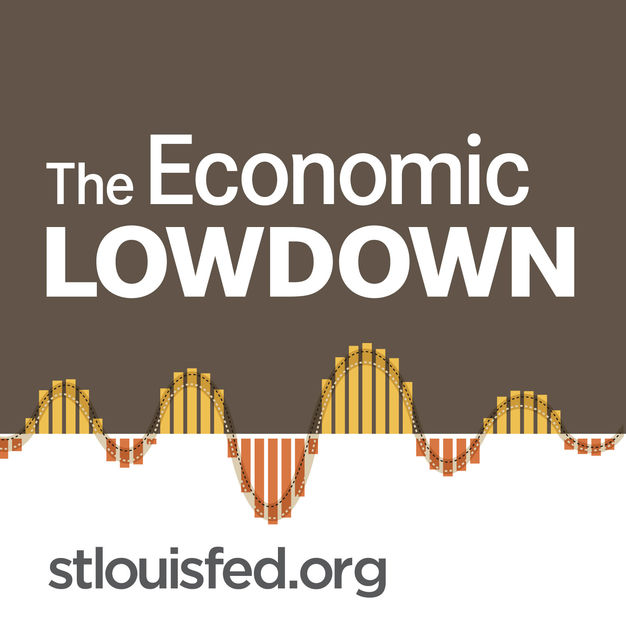 Economic Lowdown
Economic Lowdown
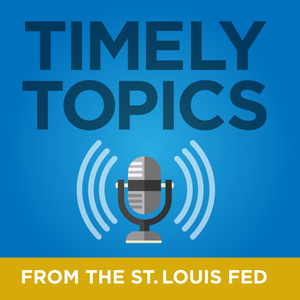 Timely Topics
Timely Topics
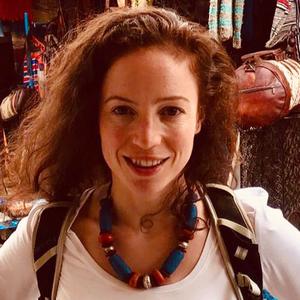 ROCKING OUR PRIORS
ROCKING OUR PRIORS
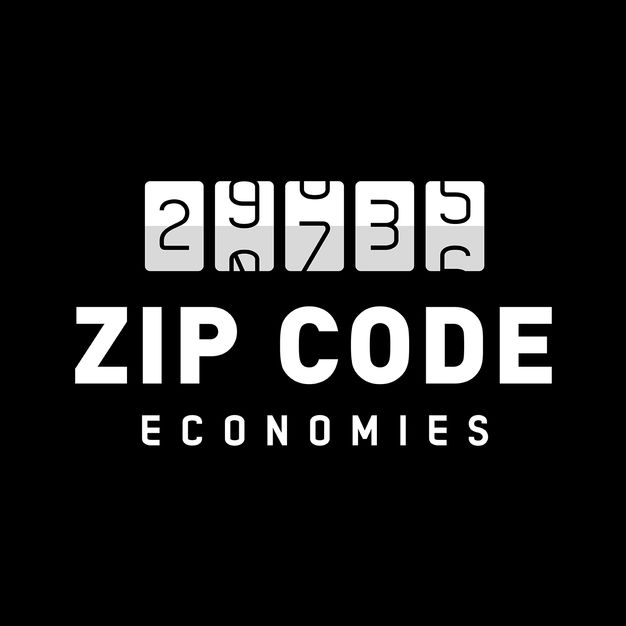 Zip Code Economies
Zip Code Economies
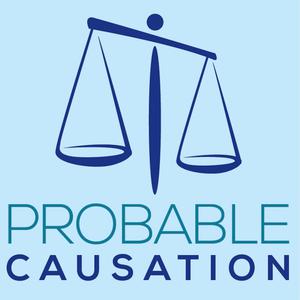 Probable Causation
Probable Causation
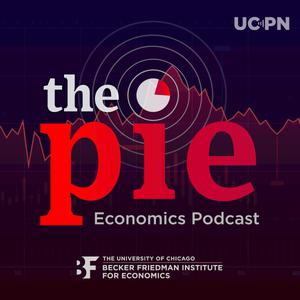 The Pie: An Economics Podcast
The Pie: An Economics Podcast